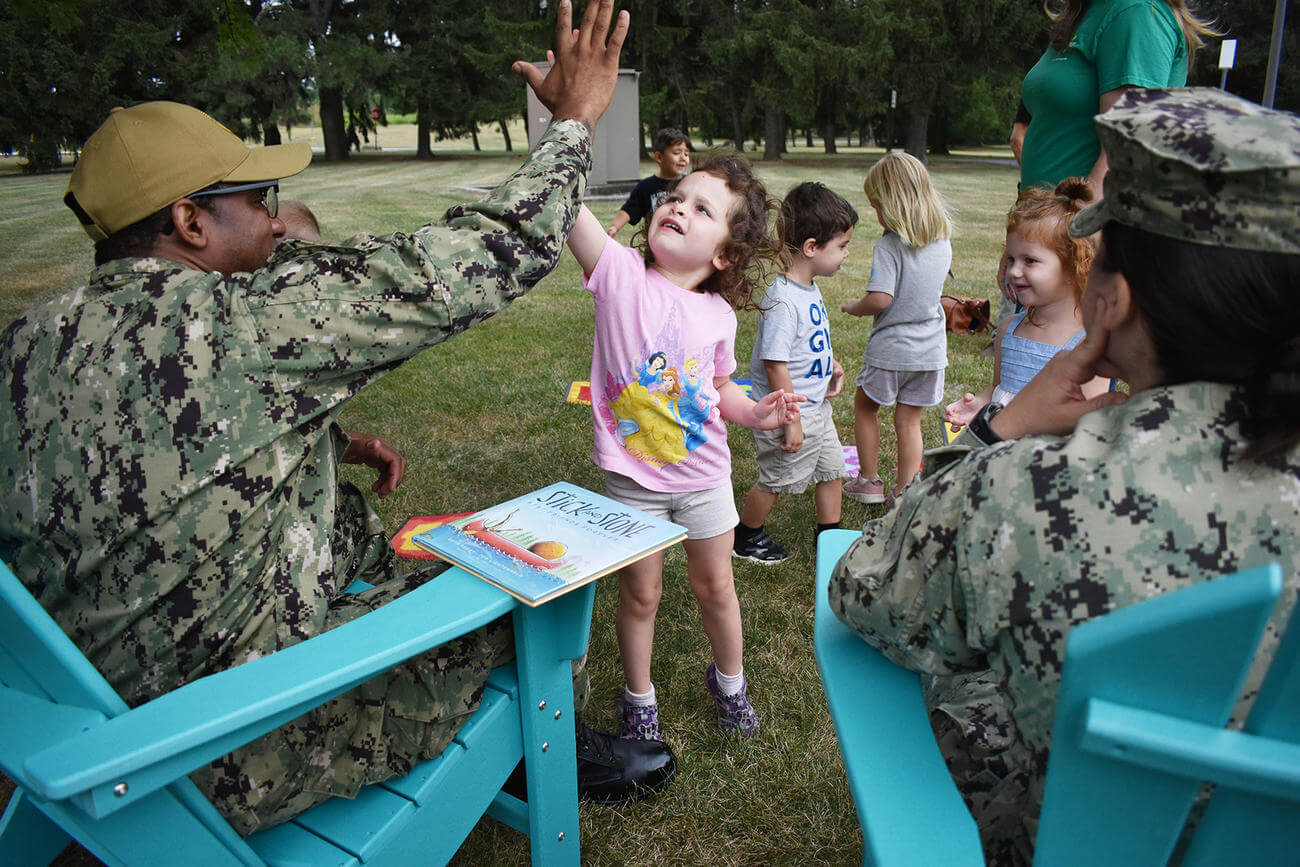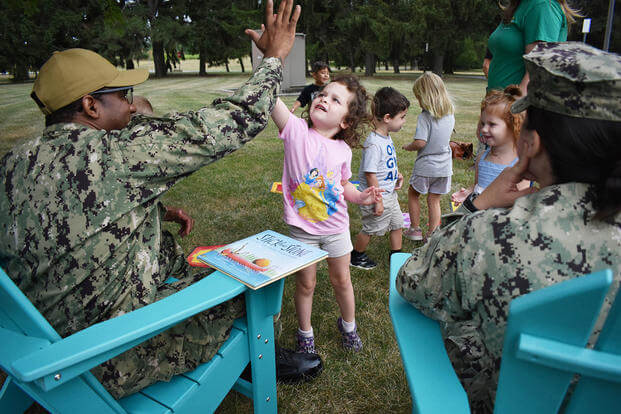

The Pentagon is rolling out a new pilot program that provides travel benefits to service members to cover the cost of flying people out to help with child care in the immediate days after arriving at a new duty station.
The new program aims to compensate service members for something that many of them have already been doing during a permanent change of station, or PCS — bringing friends or family members to help watch children while they settle in from the move and clear waiting lists.
“It’s a significant step in supporting our military families — reimbursing for these transportation costs,” Christopher Woods, chief of the policy branch within the Defense Travel Management Office, told Military.com in an interview Wednesday. “It not only recognizes the unique challenges faced by the military, but also provides a tangible solution.”
Read Next: 1,000 Active-Duty Soldiers Called Up to Assist with Hurricane Helene Response
For a move within the continental U.S., reimbursement is capped at $500 and for a move to or from a duty station outside the continental U.S., the reimbursement is limited to $1,500.?
“When I was a kid and I PCS’d with my dad, Grandma came out with us … so these are things that people are currently doing now,” Woods said. “This pilot is being put in place to offset those costs.”
Woods said there are no major restrictions on who service members can designate for the stipend, except that they need to be older than 18 and not a dependent.
A defense official also noted that only one child-care provider is authorized per military family, even if both parents serve in the military.?
The program was directed by Congress when they passed the 2023 National Defense Authorization Act, and it will run from now through Sept. 30, 2027.?
Both Woods and Heidi Welch, the associate director for child and youth programs operations in the Office of the Secretary of Defense, said that the benefit is easily accessible through the MilitaryChildCare.com website and the system will proactively ask them whether they want to take advantage.
“The system is going to say … ‘Are you going to need assistance with child care at your new duty station,'” before presenting a service member with the necessary paperwork, Welch said.
“This authorized child-care provider is treated very much the same way as the dependent would be treated, and so there’s really nothing new that the service member has to learn or do differently,” Woods noted.
